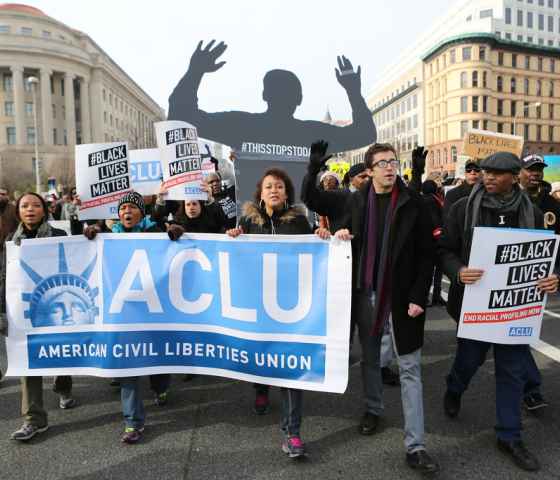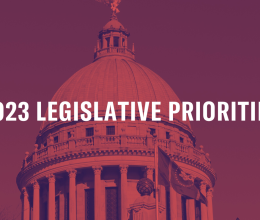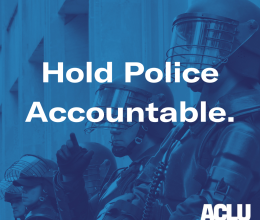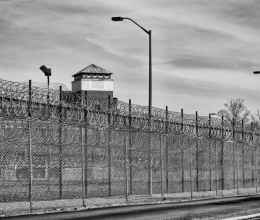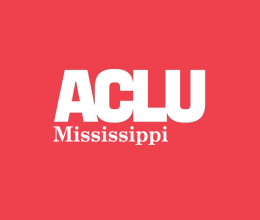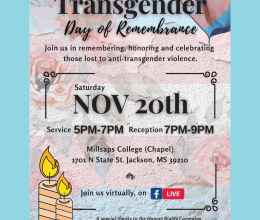Students and young people have legal protections that cannot be lawfully violated by school officials or police. In order to protect your rights, however, you must first know what they are. If you know your rights, you can stand up for them!
Searches and Questioning
You have a right to:
- Not be searched, unless the school has a good reason to think you have something that is not allowed.
- Say 'no' if someone asks to search you.
- Remain silent if you are questioned by school officials or police.
- Ask to call your parent/guardian if school staff or pol.ice want to search or question you.
- If arrested, you have a right to remain silent and to meet with a lawyer.
When in doubt, you have the right to have your parents or guardian present when the police or school officials are questioning you. Just say in a clear voice: "I want to have my parent (or guardian) with me before I talk with you about this."
Short-term Suspension
If you are facing a short-term suspension, you have a right to:
- Get an explanation from the principal about why you are being suspended, including what rule(s) you broke and the evidence against you.
- Tell your side of the story.
- Take textbooks home, get homework, and have a chance to make up tests. Your parent/guardian should pick up work from the school for you.
Don't go onto school property during a suspension. If you do, you could be criminally charged with trespassing.
Long-term Suspension and Expulsion
If you are facing a long-term suspension or expulsion, you have a right to:
- Take textbooks home, get homework, and make up tests during the first 10 days of suspension.
- Receive written notice of the charges against you.
- Have a hearing where you can present evidence in your defense, bring witnesses to testify for you and ask questions of the witnesses against you. (Check your school district handbook for deadlines for requesting a hearing.)
- Have the hearing recorded and get a copy of the recording.
- Take a lawyer or advocate to the hearing.
- Appeal to the superintendent, the Board of Education and Superior Court.
What to Do of Your Rights Have Been Violated
If you think your rights have been violated:
- Write down the name of the person who violated your rights.
- Write down the names of people who may have seen what happened or who know something about what happened.
- Write down exactly what happened as soon as possible. Used as much detail as possible. Don't give what your write to anyone except your parent/guardian and lawyer.
- Try and stay calm. Don't say or do anything you'll regret or that could get you into trouble.
Other Rights
You always have a right to:
- Freedom of speech, identity and expression.
- Freedom of religion, including the right to express religious views and also to be free from religious indoctrination by your school.
- Freedom of assembly. You can form non-disruptive protests, although the school can restrict the location when on school property.
- Freedom from discrimination based on race, national origin, gender, religion or sexual orientation.
- A quality ("sound basic") education.
- Have your parent/guardian get copies of your educational records.
- Get a copy of the student code of conduct. Read it!
What is Discrimination?
Discrimination is the unjust or prejudicial treatment of someone, something, or an idea due to their race, age, sex, gender, religion, culture, geographic location or anything else that makes up who they are.
If you feel that you are a victim of discrimination at your school:
- Don't give your school any excuses for treating you badly, follow the rules and be respectful.
- Document EVERYTHING. Who, What, When, Where, and How. Make sure to keep copies of everything from initial complaints to any documents.
- Get support by locating community organizations, support groups (online or in your community), LGBT ally organizations, and tell a friend or family member.
